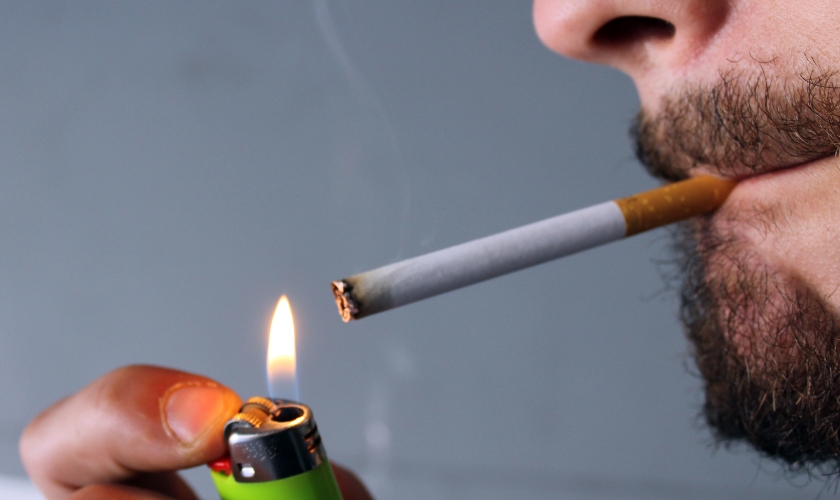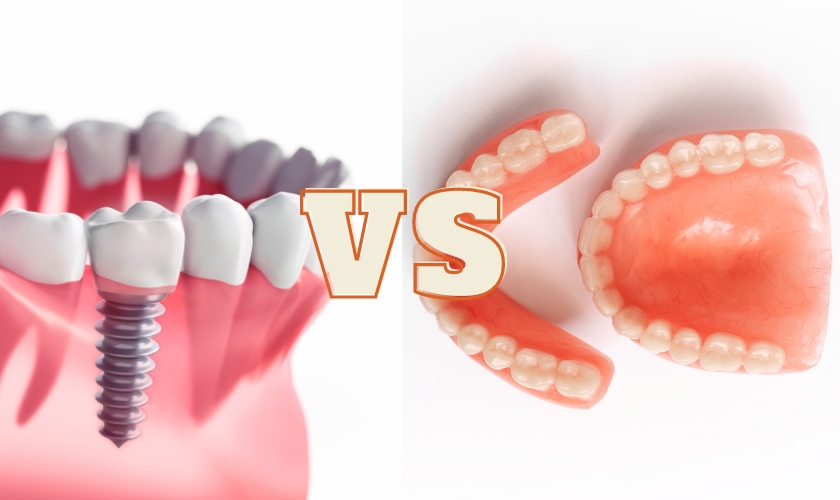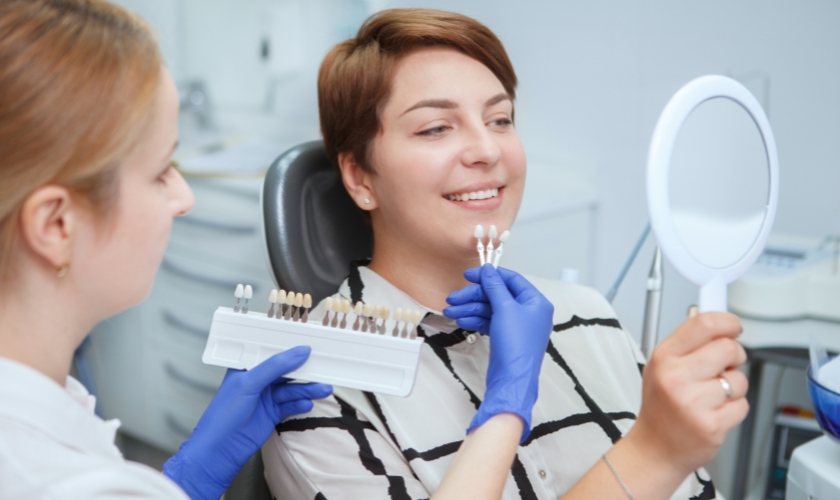
What To Do In A Dental Emergency
Dental emergencies can be painful, frightening, and often occur at the most inconvenient times. From severe toothaches to chipped teeth, knowing how to handle a dental emergency is crucial. While it’s essential to consult with a dental professional for any oral health issue, immediate action can make a significant difference in minimizing pain, preventing further damage, and improving your chances of a full recovery. In this comprehensive guide, we will discuss various dental emergencies, their causes, and the steps you can take to manage them until you can see a dentist.
Types Of Dental Emergencies
- Toothache: A toothache is one of the most common dental emergencies. It can be caused by various factors, such as cavities, gum disease, or an infection. The pain can be excruciating, making everyday tasks difficult. Here’s what to do if you experience a toothache:
- Rinse your mouth with warm water to clean it.
- Floss gently to remove any debris that might be causing the pain.
- Over-the-counter pain relievers can provide temporary relief.
- Avoid placing aspirin directly on the gum, as it can damage the tissue.
- Schedule an appointment with your dentist as soon as possible.
- Chipped Or Broken Tooth: A chipped or broken tooth can result from various accidents, such as falling or biting down on a hard object. It’s essential to address this issue promptly to prevent infection and further damage.
- Save any broken tooth fragments.
- Rinse your mouth with warm water to clean it.
- Apply a cold compress to reduce swelling.
- Visit your dentist immediately.
- Knocked-Out Tooth: A knocked-out tooth can occur due to accidents in sports or daily activities. It’s crucial to act swiftly as the chances of saving the tooth decrease with time.
- Hold the tooth by the crown (top), not the root.
- Gently rinse the tooth if it’s dirty.
- Try to reinsert the tooth into its socket. If this is not possible, keep it in a container of milk or saliva.
- Visit your dentist immediately.
- Bleeding Gums: Bleeding gums can be a sign of gum disease, a dental emergency in itself, as it can lead to more severe complications if left untreated. Here’s what to do:
- Rinse your mouth with warm water.
- Apply gentle pressure to the bleeding area with a clean piece of gauze or a tea bag.
- Continue this until the bleeding stops.
- Schedule an appointment with your dentist.
- Lost Dental Filling Or Crown: A lost dental filling or crown can be painful and leave your tooth exposed. If this happens:
- Try to replace the crown with dental adhesive or temporary cement from a drugstore.
- Do not use superglue or any other household adhesives.
- Visit your dentist as soon as possible.
- Abscess: Dental abscesses are painful infections that can occur around the root of a tooth or in the space between the teeth and gums. They require immediate attention.
- Rinse your mouth with a mild saltwater solution to help relieve pain and draw out pus.
- Do not try to pop the abscess.
- Contact your dentist immediately.
- Lost Braces or Wires: If a brace or wire becomes loose or detached, it can cause discomfort or injury. Here’s what to do:
- If a wire is sticking out and causing irritation, try to gently push it back into place.
- Use orthodontic wax to cover any sharp or protruding edges.
- Contact your orthodontist for an appointment.
It’s important to note that while these steps can provide temporary relief, they do not replace the need to see a dentist. Dental emergencies require professional assessment and treatment to address the underlying issue effectively.
Preventing Dental Emergency
Prevention is always better than cure, and dental emergencies are no exception. Here are some tips to help you reduce the risk of dental emergencies:
- Maintain Good Oral Hygiene: Brush and floss regularly to keep your teeth and gums healthy. This is the foundation of preventing dental issues.
- Wear a Mouthguard: If you participate in contact sports or grind your teeth at night, consider wearing a mouthguard to protect your teeth from injury.
- Avoid Chewing Hard Objects: Be cautious when eating hard candies, ice, or other hard substances that can chip or break your teeth.
- Stay Hydrated: Drinking plenty of water helps keep your mouth moist and can reduce the risk of dry mouth, which can lead to dental issues.
- Regular Dental Check-Ups: Schedule regular dental check-ups and cleanings. Your dentist can detect and address potential issues before they become emergencies.
- Limit Sugar and Acid Intake: High-sugar and acidic foods and drinks can contribute to cavities and gum disease. Consume them in moderation and rinse your mouth afterward.
Improve Your Chances Of A Full Recovery
Dental emergencies can be distressing and painful, but knowing how to react can make a significant difference in minimizing the impact and improving your chances of a full recovery. Whether you’re dealing with a toothache, a chipped tooth, a knocked-out tooth, bleeding gums, a lost dental filling, an abscess, or issues with braces or wires, swift and appropriate action is crucial.
Preventing dental emergencies through good oral hygiene, regular dental check-ups, and lifestyle adjustments is the best course of action. Remember that while you can take some initial steps to manage dental emergencies at home, it’s imperative to consult a dental professional for a complete evaluation and appropriate treatment.
Stay prepared, stay cautious, and don’t hesitate to seek immediate dental care when you encounter a dental emergency. Your smile and oral health are worth it.






